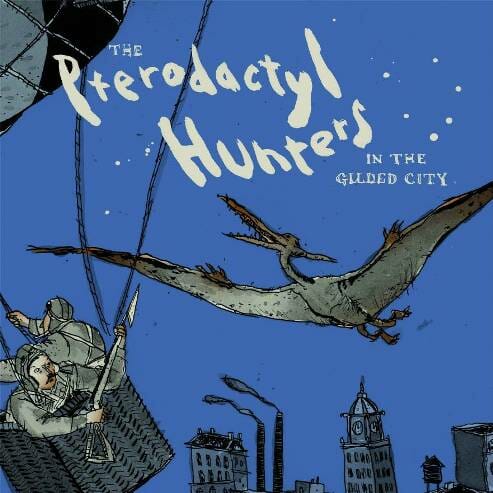Comic Book & Graphic Novel Round-Up (4/25/12)

Each week, Paste reviews the most intriguing comic books, graphic novels, graphic memoirs and other illustrated books.

Jerusalem: Chronicles from the Holy City
by Guy Delisle
Drawn + Quarterly, 2012
Rating: 9.2
With its status as winner of the Fauve d’Or, or best comic book award, at this year’s Angouleme Comic Festival, a pretty serious honor, and its topic (the artist’s year in Israel with his wife, who works for Doctors Without Borders, and children), one could easily anticipate some major heaviness from Guy Delisle’s latest. Don’t shy away, though. Luckily, the volume itself is mostly literally weighty, addressing complex and heated issues with grace and deft charm. Delisle doesn’t pick sides, and he doesn’t let anyone off the hook, but he also doesn’t preach or depict himself in any noble light. The result seems to be a very real and well-rounded picture of day-to-day life, a journal comic that happens to be as much journalism as autobiography, with plenty of lightness that also doesn’t trivialize the situation in Jerusalem. Delisle’s self-awareness is excellent, but he has enough going on around him that the book doesn’t devolve into pure navel gazing, and, somehow, the visuals are compelling, even with umpteen panels of the artist himself sketching in a cafe, on a street corner, or in a park. Smart and fun, Jerusalem is undoubtedly one of the highlights of this year in comics. (HB)

The Pterodactyl Hunters in the Gilded City
by Brendan Leach
Top Shelf, 2012
Rating: 8.2
-

-

-

-

-

-

-

-

-

-

-

-

-

-

-

-

-

-

-

-

-

-

-

-

-

-

-

-

-

-

-

-

-

-

-

-

-

-

-

-










































